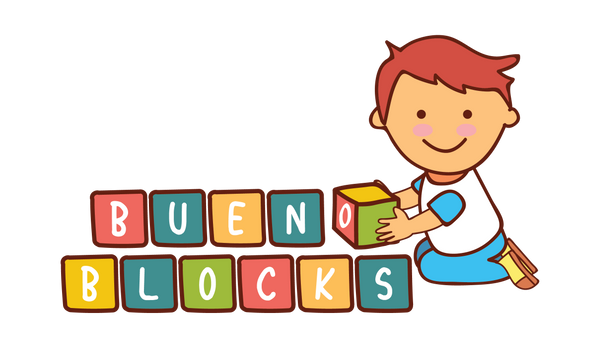Open-Ended Play
In today's time, our children are still raised through formal education designed for the Industrial Revolution. Children are told what to learn, think and do. There is little emphasis on critical thinking and creative works. Hothousing is another recent trend whereby children are pushed to learn quicker and earlier than is appropriate for their cognitive age (think flashcards and over-scheduled activities). Both formal education and hothousing have a common theme - they are adult-driven. As a result, playtime for children, specifically child-led ones are often overlooked.
"Play is often talk about as if it were a relief from serious learning. But for children, play is serious learning."
- Fred Rogers
It is through play that we can encourage children to fail, pick themselves up and learn.
So, what exactly is open-ended play? Open-ended play has no pre-determined limitations and no fixed solution. Children simply follow whatever their heart desires to allow the play to go in any direction that catches their fancy. As there are no set outcomes, there is no "right" or "wrong" in open-ended play. It combines materials and the environment acting as children's guide to hone their skills and knowledge.
The main difference between open-ended toys and made-for-purpose toys is that the latter is single-purpose. Take puzzles for instance. They have a pre-determined goal whereby the play revolves around solving the puzzle. On the other hand, open-ended toys can be used over and over in a range of ways. A simple building block can be anything a child wants it to be - a phone, a car or even a hammer.
Open-ended toys like building blocks help support children to develop motor skills, mathematical vocabulary and concentration. It also encourages dramatic play, problem solving, experimenting with cause and effect, trial and error, as well as building on creative thinking.
It is when the child's brain is rapidly developing from birth through the age of 5, that we have the best opportunity to support the development of these vitally important critical life skills. During then, children's brains are forming the complex web of synapses that last throughout their lives. This will greatly impact their social, emotional, physical and cognitive performance as adults.
When choosing toys, it is important to differentiate those that allow a child to play freely from ones that dictate play for them. Be intentional in providing the child with toys that allow them to make choices of their play and support them as they strengthen their language, cognitive and social skills.
Small people have big imaginations. When left to their own devices (not of the electronic kind!) with some simple, open-ended materials in hand, they can develop by leaps and bounds. You'd be surprised to learn how long children stays engaged with open-ended toys; allowing them to learn more than you think! Moreover, parents and adults alike can join in the fun to enhance play and build memories together.
